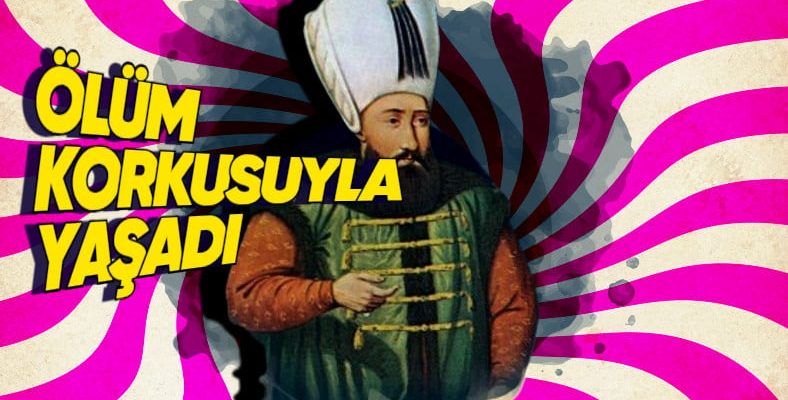There was a sultan in history who was called “crazy” and everything he did was attributed to his madness… Yes, we are talking about Ibrahim, who was born to Ahmet I and was born to Kösem Sultan.
Both his past traumas and his fear of death would consume Sultan Ibrahim’s life. Besides, his love of amber and sable fur would be the things that would bring about his end. Well just because of what you see Was he a traumatized person?or has he been a mad prince since birth?
It should be underlined that he did not rule the state alone during his reign. The existence of the cinci hodjas he had in the palace was one of the details written and drawn on many history pages. This situation of Abraham was caused by his mother Kosem Sultanalone was enough for him to act like a ruler.
He was born on November 4, 1615, as the youngest son of Sultan Ahmet I and Mahpeyker Kösem Sultan.
Sultan Ibrahim’s; It is said that he received an effective education from the teachers assigned to him in the palace. On 8 February 1640, his older brother Sultan IV. Upon Murad’s deathHe ascended to the throne at the age of 25, as the only surviving prince of the dynasty.
When Ibrahim ascended the throne, the Ottoman Empire was going through one of its most complex periods. After his father’s early death his uncle Mustafa I, who ascended the throne mental instability, his older brother II. Osman’s dethronement and his brutal murder, his other brother IV. The difficulties Murad encountered in the early days of his reign and the harsh and bloody measures he implemented after taking over the administration left deep traces in Ibrahim’s childhood and youth.
The events and death threats he experienced during these troubled times must have shaken the spiritual balance of Ibrahim, whose emotional structure was quite sensitive.
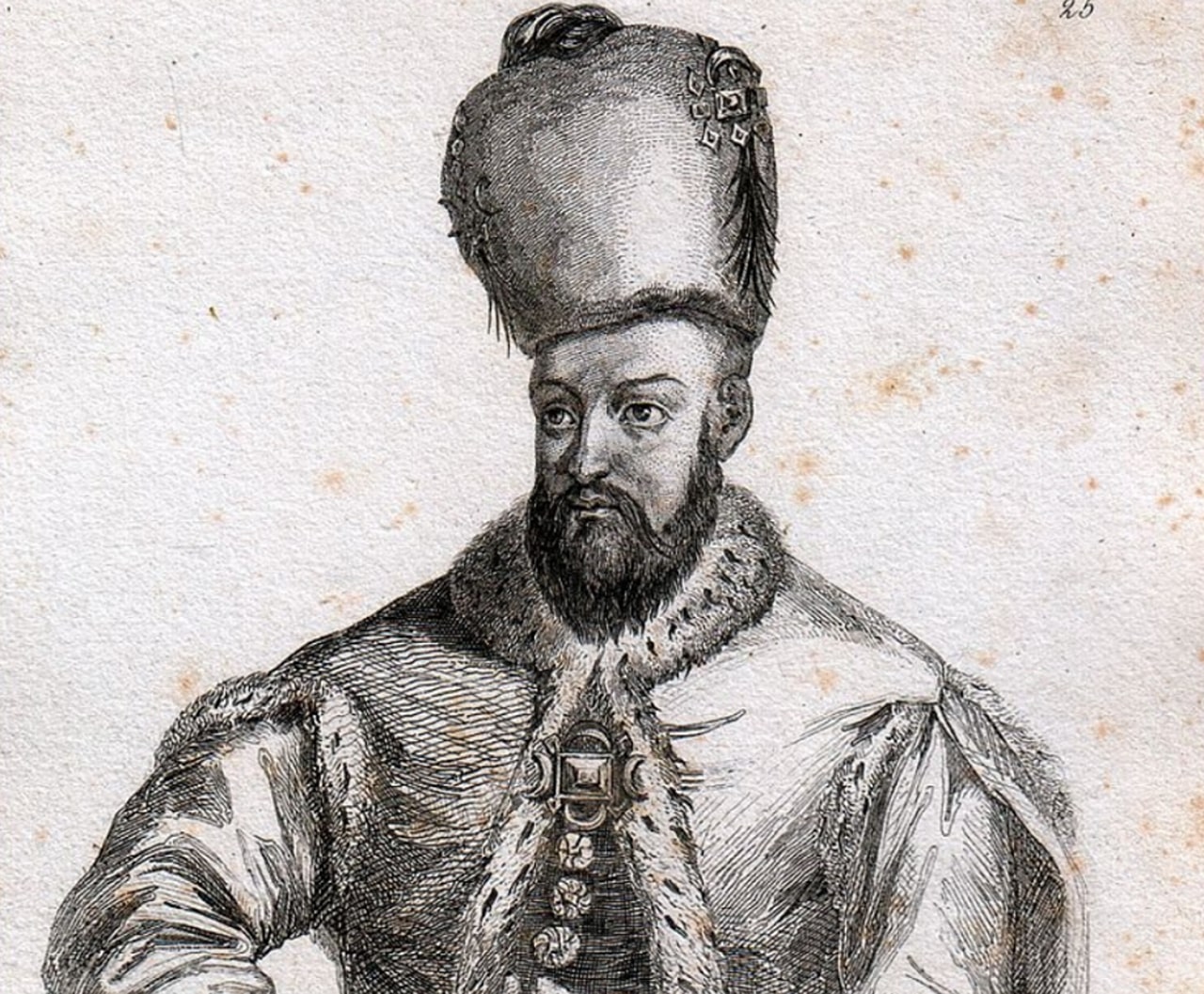
Especially IV. Dramatic events during Murad’s reign, The drowning of his brothers Bayezid and Suleiman and the execution of his other brother Kasim, who survived the Baghdad Expedition, made Ibrahim worry that he might share the same fate in the future. However, IV. The death of Murad’s sons at a young age left Ibrahim as the sole heir of the dynasty. Then, Sultan Murat caught the disease, which led to Ibrahim’s unexpected accession to the throne.
According to a rumor; IV. On Murad’s deathbed, to eliminate Ibrahim A fatwa was received from Sheikh al-Islam Zekeriyyâzâde Yahyâ Efendi. Although it is claimed that Kösem Sultan prevented this. Citing this rumor, Du Loir states that Kösem Sultan was considering replacing him with Mustafa Pasha.
Considering the internal and external events, it can be said that his reign lasted 8 years and was a quiet period.
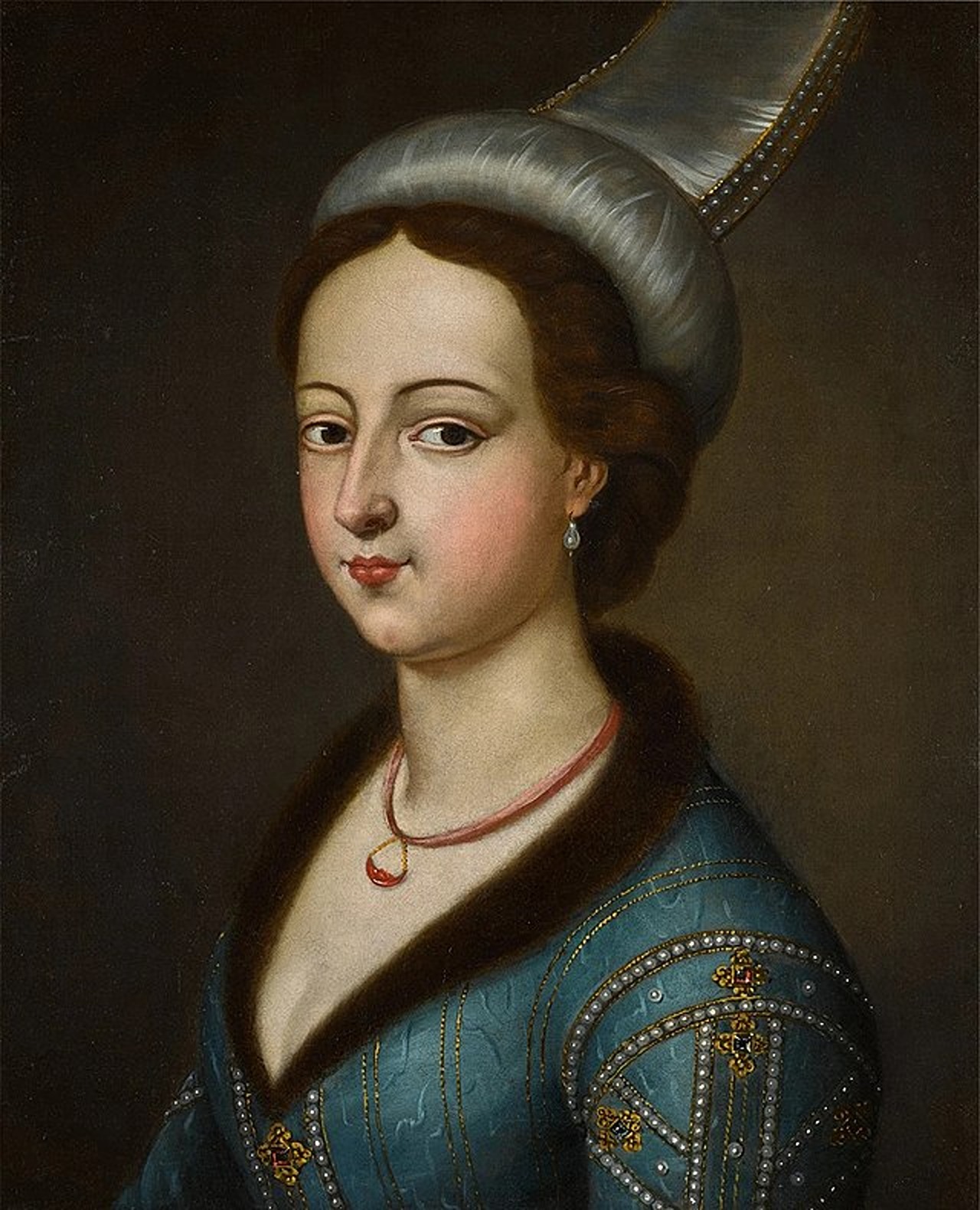
Kosem Sultan
Especially the first four years of his reign are described in the sources with his upright stance and effective management. It passed under the leadership of Grand Vizier Kemankeş Kara Mustafa Pasha. IV. Murad’s harsh and rigid administration was replaced by a more flexible administration approach, and thanks to the financial measures of the grand vizier, there was relief in Istanbul and the provinces. In this case, it is understood that the sultan had confidence in the grand vizier, even though he was in internal difficulties.
For In the letters he sent to the Grand Vizier The instructions show that he is closely related to both state affairs and public affairs, and also illuminate the official relationship between the two.
Until 1645, the administration of the Ottoman Empire followed a fairly calm course.
Especially Leadership of Kemankeş Kara Mustafa Pasha Thanks to this, the state administration was astute and stable. At the beginning, the Sultan was closely interested in the functioning of the state, the situations on the border and the problems of the people. He identified the problems that arose by inspecting the people and tradesmen in disguise and conveyed the necessary measures to his grand viziers, especially through the Hatti Humayuns. He warned his viziers by harshly demanding that urgent measures be taken. But we would not lie if we said that the majority of the administration was under Mustafa Pasha.
During this period, Kemankeş started to fight against other statesmen who were rivals to him. These rivals were Sultan Ibrahim’s comrades-in-arms. Yusuf Pasha and the famous Cinci Hodja Hüseyin was. Kemankeş Kara Mustafa Pasha resigned as grand vizier twice due to the interference of both these two rivals and Sultan İbrahim in every issue, but his resignations were not accepted.
This time, he found the solution by encouraging the Kapıkulu soldiers to rebel in order to neutralize his rivals.

When this rebellion took place Sultan İbrahim dismissed Kemankeş Kara Mustafa Pasha from the position of grand vizier on January 31, 1644. and ordered him to be executed. Due to reasons such as the execution of the Pasha, the difficulties of internal and external issues, and the encouragement of the later grand viziers to give bribe gifts to the Sultan, Sultan Ibrahim moved away from state affairs and tended to spend most of his time in the Imperial Harem.
Okay, Sultan Abraham as “crazy” What were the reasons that led to its mention?
Especially The sultan’s acumen gradually diminished after 1645, It seems that their behavior becomes unstable. Seeing this situation, the state administrators, especially the Grand Vizier, and the people of the harem worsened the already bad mood of the Sultan for the sake of their own positions and interests.
Statesmen attracted the attention of the Sultan passion for sable fur and amber They took advantage of this situation by presenting expensive gifts and encouraging other state officials to present these costly gifts to the Sultan.
The nickname “crazy”, which was coined about Sultan Ibrahim by some historians, especially in the early 20th century, was later widely accepted.
His expressions, which sincerely express his state of mind in his own drawings, numbering in the hundreds, clearly reveal the nature of this situation. In some of his lines written to the Grand Vizier, that his temperament was bad, that he was suffering from pains, He states that he has no appetite and cannot eat, his knees are weak, a smoke-like object settles in his head, his lungs are constricted, he faints and his insides feel constricted.
The treatments applied include spiritual and spiritual methods such as amulets and readings, as well as medical solutions such as pastes, sherbets, various drugs and bloodletting was also applied. Despite all these mental difficulties, it is understood that Sultan Ibrahim was interested in state affairs, listened to the council meetings regularly, frequently received information from the grand vizier about the affairs of the state and the people, and even watched himself carefully and expressed it with the following expressions:
“If we don’t get an answer for a few days, we won’t have fun… If you don’t make partial and universal concerns known, you won’t exist.then you know, my mind is on you… For a few days, I don’t receive an answer regarding my concern, we are used to serving separately, doing the work of the Ummah of Muhammad, and if one day the telhis does not come, I think about what is going to happen…”
The tension was further escalated when the grand vizier of the period, Hezarpare Ahmed Pasha, who was known to have been cut to pieces, tried to collect a sable tax by further inciting the Sultan.
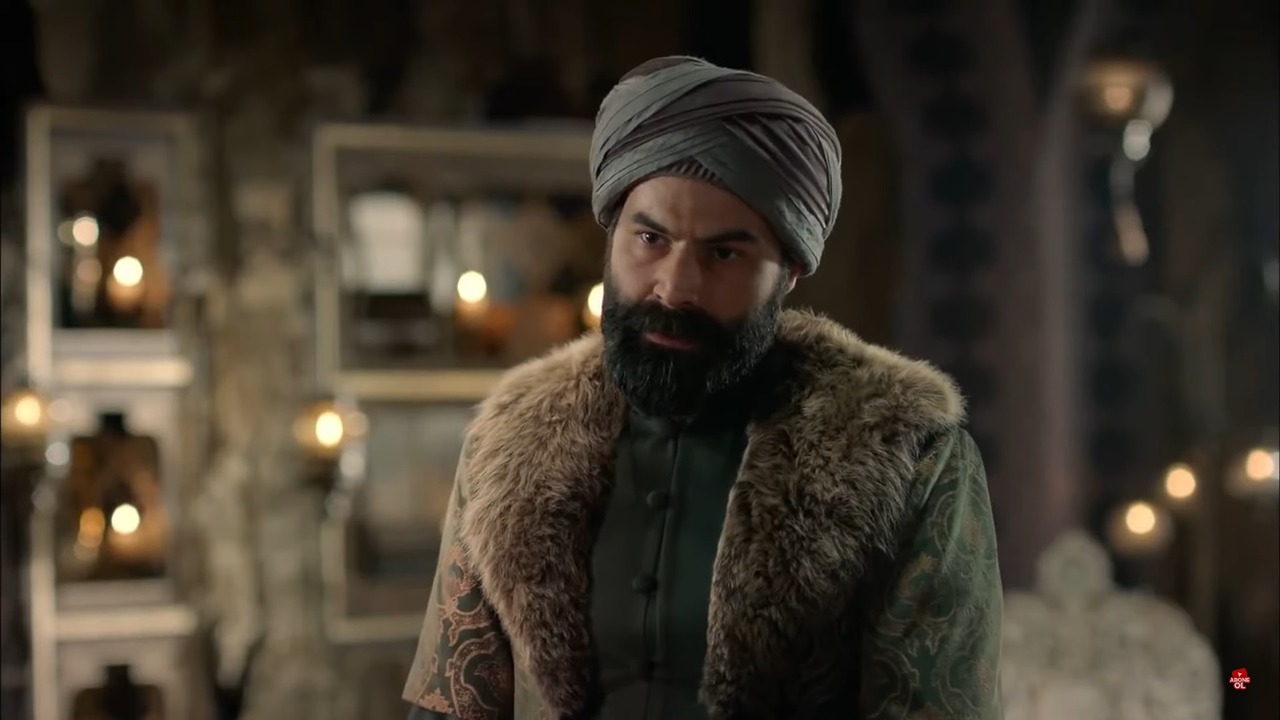
Ahmet Pasha in the TV series Magnificent Century Kösem.
Janissary Corps chamberlain returning from the Cretan Campaign From Kara Murat Ağa When sable and ambergris tax was requested; “I came from Crete. I have no objects other than finely polished gunpowder and oiled lead. We make the names of sable and amber shine from the province, you have not seen them before.His refusal to pay taxes and his opposition to the palace’s orders created a spark in all segments of the people who were already ready to rebel.
Ulema gathered in front of Fatih Mosque, To demand the execution of Ahmet Pasha They invited Shaykh al-Islam. Sofu Mehmet Pasha was appointed to replace the dismissed Pasha. What happened when the Sultan, who heard about Ahmet Pasha’s execution, did not accept it and had the new grand vizier expelled from the palace.
RELATED NEWS
What was the crime of Vizier Ahmet Pasha, whose body was chopped into bite-sized pieces and sold to the public in the Ottoman Empire?
The rebels, who came together in the Orta Mosque, decided to march to the palace this time to dethrone the Sultan and replace him with Prince Mehmet.
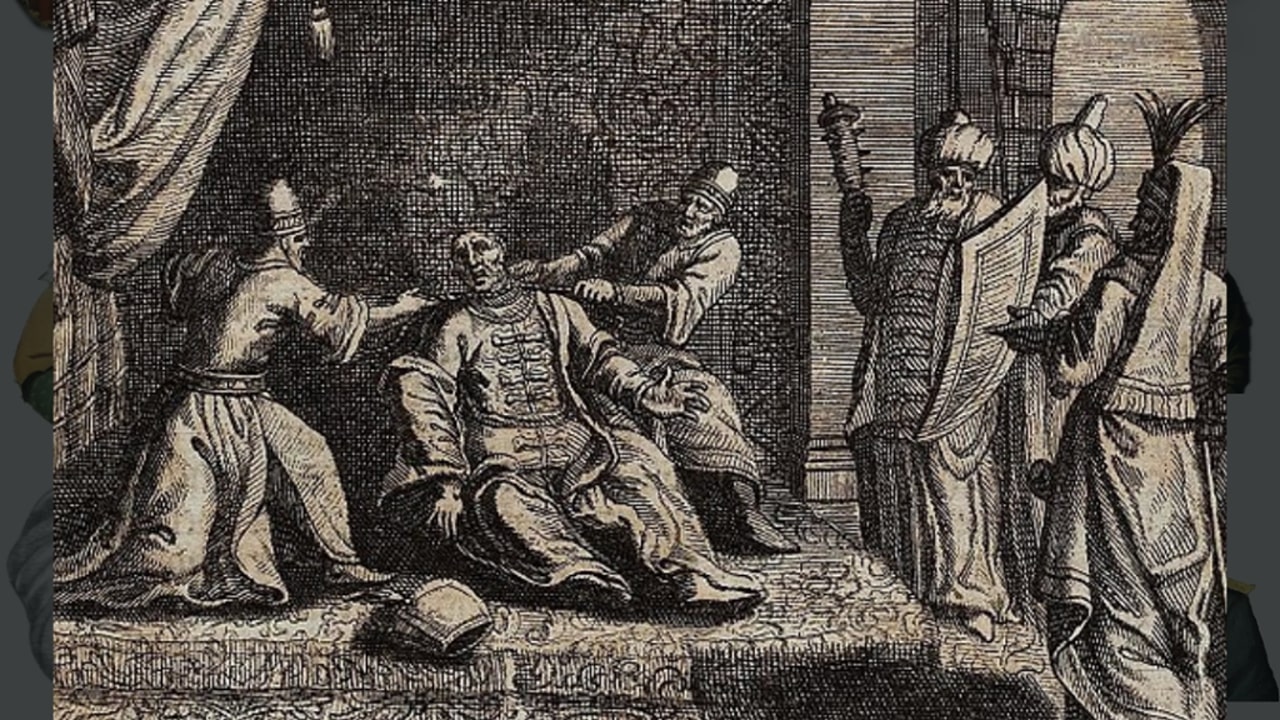
Engraving depicting the strangulation of Abraham in British historian Paul Rycaut’s The Present State of the Ottoman Empire.
After long efforts IV. With Mehmet’s accession to the throne It was decided to dismiss Sultan İbrahim. Sultan Ibrahim, who was executed by strangulation on August 18, 1648, left many rumors behind. As you can imagine, many claims have been made about whether Sultan Ibrahim was really crazy or not. As a result of his research on this subject, it was revealed that Sultan İbrahim’s to psychoneurosis It is thought to have.
Of course, we cannot make a definitive judgment on what is right and what is wrong. However, when looking at various documents and research, the traumatic events he experienced in the past and his fear of death have a large share in Sultan Ibrahim being called crazy. Contrary to popular belief, he tried to carry out state affairs as much as possible, and from sable and amber Unfortunately, he couldn’t stop himself.
RELATED NEWS
How Did Fratricide Occur in the Ottoman Empire, Where Even Swaddled Babies Were Seen as a Potential Threat and Killed?
RELATED NEWS
Even killing yourself had a punishment in the Middle Ages: So, what kind of punishments were given to a dead person?
RELATED NEWS
Your horizons will be broadened when you learn the reason why Ottoman Sultans often took “sideways poses”
RELATED NEWS
The Erfurt Incident in the Middle Ages, Where Many Nobles Falled into the Sewer and Died Among the Shit
RELATED NEWS
